
Qandeel Sahar, a differently abled student of Grade 9 at Government Girls High School Bubar, Gilgit, had lost her seven family members in the recent devastating floods along with the hope to live. But she was brought back to life by the efforts of her teachers.
The tragic tale of young Sahar was aired in a small room at the Gilgit-Baltistan (G-B) House, Islamabad to showcase the efforts of Pakistan Tehreek-e-Insaf’s (PTI) regional government that has quietly revolutionised the education sector in collaboration with the public and private sectors over the past six months.
Traumatised by the sudden death of her mother, five sisters and a brother, Sahar had also lost hope. But she stated that due to the efforts of her teachers, she was brought back to life.
Over the past six months, the regional government has tried to bring drastic changes to the education and health sectors but without rocking the boat. It has introduced facilities like imparting training in artificial intelligence and robotic laboratories in government facilities in remote regions that are not yet available in many developed parts of Pakistan.
“While remaining within the system, one can still do a lot with a right combination of good ideas, an energetic team and partnership with all stakeholders,” said Muhyuddin Wani, Chief Secretary of G-B.
“When I visited a primary school and inquired how many children had breakfast in the morning, there was only one affirmative reply,” said Wani.
This gave birth to the idea of a meal-a-day programme. Now students of government primary schools across the region are being provided one-time meal every day with the help of private donors from other parts of Pakistan. By the end of December 2022, a total of 50 schools will benefit from this facility.
The regional government has also begun a tech-fellow programme in 200 schools across G-B where students are given computer education and entrepreneurship training by expert trainers.
On Wednesday, a project got underway under which 34 schools would be turned into smart schools by providing them with state-of-the-art IT equipment along with LMS, offsite and onsite servers.
Impressed by the chief minister of New Delhi, the G-B government has also begun robotics laboratories in addition to the 3D Printer and other high-end technological gadgets that have been provided to 50 schools in the first phase.
These gadgets will be given to more and more schools over time, resulting in a technological revolution all around.
The regional government, which is also grappling with the challenges of terrorism and ethnic feuds, is now trying to tackle them by making education more accessible.
“We have made schools so glamorous by refurbishing and equipping them with new learning tools that it is hard for the children to stay away from these places,” said the chief secretary.
After terrorists burnt down a school in Diamer, “the government had a choice to first investigate the incident or reconstruct the educational institute. We, with the help of private sector, built back a better facility with more space for girls,” he added.
The G-B government is also setting up “one-stop shops” for learning where both the conventional and smart classes will be offered.
For students of Class 9, 10, 11 and 12 of around 300 deserving schools and colleges in Gilgit, free-of-cost evening coaching classes are being offered to ensure better prospects of securing admission to the top universities.
In a few days, this initiative will also be operational in Diamer, where another 300 students will be provided free evening coaching.
In a welcome move, the G-B government has offered loans to the students securing admission to the top 15 universities of Pakistan for covering their tuition fee and giving stipends. Loans will be recovered five years after completion of the degree programme.
For women and girls, Pink Buses are operating from 6-9am and 3-6pm every day, providing free-of-cost, secure transportation.
For the first time, NCA and NUST entry tests have been conducted in Gilgit, eliminating the hassle for students to travel to Islamabad or Lahore to take these tests. Now, they will be able to take tests in their own backyard.



1729137363-0/Liam-Payne-fans-(1)1729137363-0-165x106.webp)




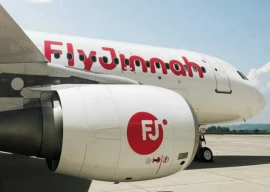

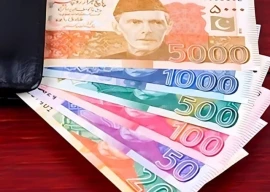
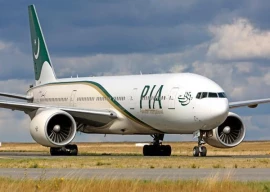
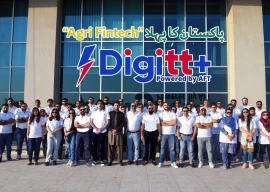
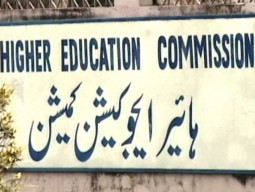
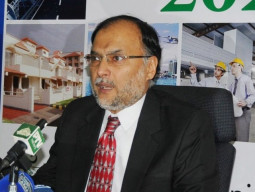






COMMENTS (4)
Comments are moderated and generally will be posted if they are on-topic and not abusive.
For more information, please see our Comments FAQ